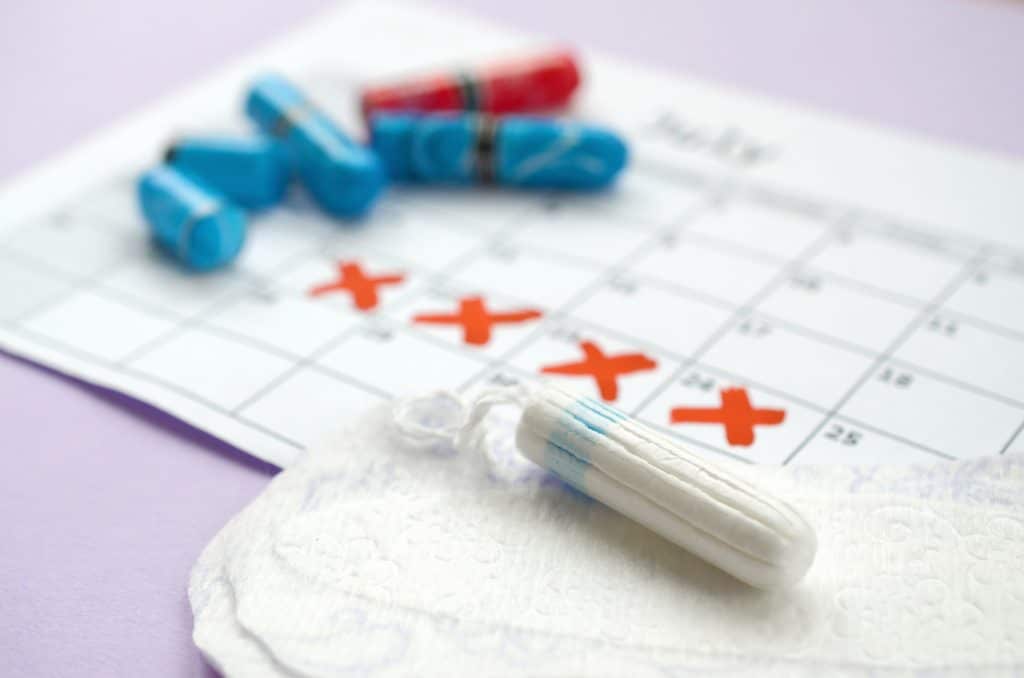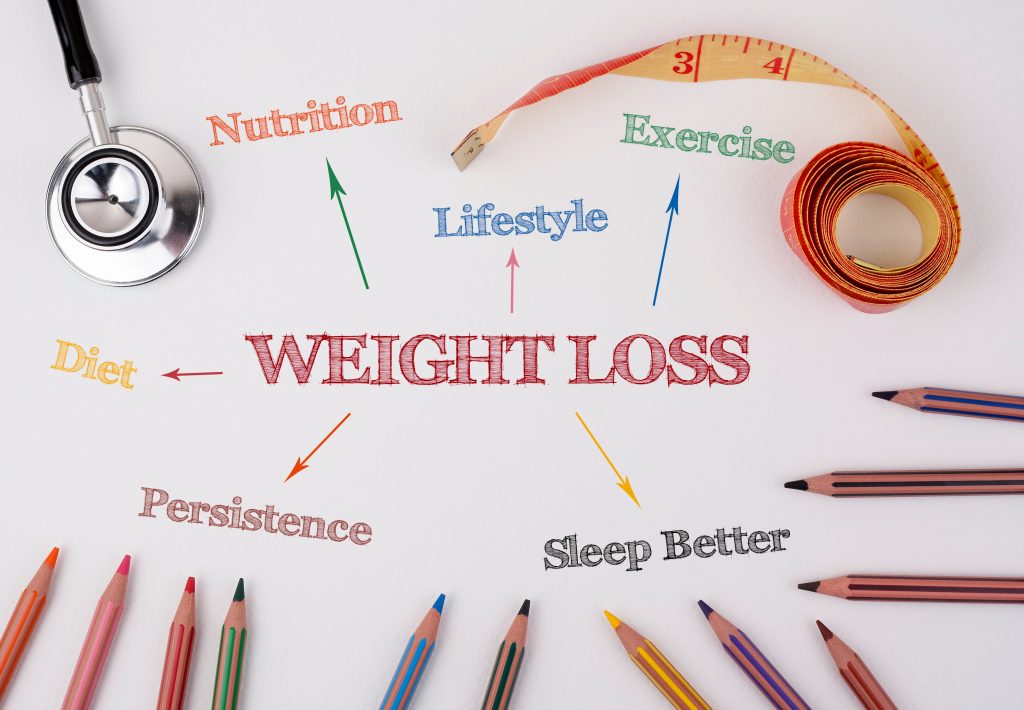Heavy Menstrual Periods
As a woman or a young lady in her time of the month, you may have noticed a few changes in your menstrual cycle that leaves you with a serious cause to worry, not knowing what to do about heavy menstrual flow. Menstrual pains and cramps may be more severe, and you find yourself changing pads or tampons more frequently in a day due to heavy menstrual periods.
Heavy menstrual periods have a list of causes and harmful effects on your body if not tackled and treated immediately. Some women have always had heavy periods from the very first time they had a menstrual flow, and for others, it’s a new thing and very strange to them.

Menorrhagia overview
What is Menorrhagia?
Menorrhagia is a medical term that describes unusually and abnormally heavy and long menstrual periods. Menorrhagia is not common to the severe cramps and heavy flow days that some women may have during their menstrual periods.
Menorrhagia is when you experience extremely prolonged and heavy periods. “Prolonged” means that your period stays for more than 7 days, and “heavy” means that you lose much more blood during menstruation. The bleeding can be profuse that you find yourself changing your pad or tampon every hour or every other hour consecutively on the same day.
Symptoms of Menorrhagia
The symptoms of heavy menstrual periods include the following:
When you are bleeding through one or more than one pad or tampon hourly or for consecutive hours.
- When your period lasts longer than seven days in a week
- You notice blood clotting is the size of a quarter, or it may even be bigger than a quarter.
- The color of your menstrual blood may be brown, rustlike, or even pink.
- The estimated amount of blood lost during menstruation is 35 milliliters -40 milliliters. It’s abnormal when you lose up to 80 milliliters of blood
- The feeling of exhaustion, shortness of breath, and tiredness are symptoms of anemia due to excess loss of blood.
- If you have anemia, you will have noticeable symptoms of a condition called pica. Pale skin, Loss of hair, and there is an urge to eat unconsumable items like hair, dirt, paper, and so on.
Causes of Menorrhagia
Heavy menstrual periods may have several causes ranging from issues related to hormones to diverse medical conditions and, most likely, stress.
Hormone imbalances
The hormone manufactured in your body, progesterone, and estrogen, are the ones responsible for regulating your menstrual cycle. This hormonal regulation includes how moderate or heavy your periods are. Some conditions can cause an imbalance in your hormones which can, in turn, lead to heavy menstrual bleeding.
These conditions include:
- Thyroid disease –This is a disease of the hormone-producing gland
- Anovulation –This is the inability of the ovary to release ova
- Polycystic ovary syndrome (POS)- It is a syndrome characterized by high insulin levels or androgens.
Obesity or being overweight disrupts the hormone production in your body, leading to heavy menstrual periods.
Growth of non-cancer cells in your uterus
The growth of benign in your uterus and other conditions that can cause cells to grow improperly in your uterus can cause heavy menstrual bleeding. Causes of this improper growth include:
- Fibroid – It is a benign uterus tumor that comprises either fibrous muscles or connective tissues.
- Polyps – It is an unusual growth that protrudes from a mucous membrane
- Adenomyosis – This medical condition is characterized by ectopic epithelial tissues in the muscles surrounding it.
Growth of cancer cells in your uterus
Endometrial hyperplasia Is a condition that maximizes your risk of getting cancer which affects your reproductive system. Endometrial hyperplasia is a condition of a female reproductive system where the endometrium (lining of the uterus) becomes abnormally thick due to having too many cells (hyperplasia).
Certain cancers that may affect your reproductive system include:
- Cervical cancer – This type of cancer affects the cervix of the uterus.
- Uterine cancer – Uterine cancer affects the uterus.
Pregnancy complications
Some pregnancy complications can come with severe warning signs like heavy bleeding. Such complications include:
- Ectopic pregnancy – It is described as a pregnancy in which the ovum that has been fertilized is implanted into another tissue other than the uterine wall.
- Miscarriage – This is the spontaneous natural termination or the fatal explosion of the fetus in a womb before it is viable.
- Cesarean section niche – A maximum number of cesarean sections lead to scars that create a bag in your uterus. This bag collects blood which you may later bleed out.
Infections
Sexually transmitted infections (STIs) and other infections may result in heavy menstrual bleeding. Such infections include:
- Chlamydia – A microorganism called chlamydia trachomatis cause this sexually transmitted infection.
- Trichomoniasis – This sexually transmitted disease is caused by a parasite, trichomonas vaginalis, and damages the urinary tract and vagina.
- Chronic endometriosis – It is an inflammation of the mucous membrane in which fertilized eggs are implanted.
- Gonorrhea – This is a sexually transmitted disease caused by gonococcus (a species of bacteria) that affects the urinary tracts and the mucous membrane of the genitalia.
Medical Conditions

Heavy menstrual bleeding (menorrhagia) can be connected to several medical health conditions. These medical conditions include both non-bleeding and bleeding disorders.
Common medical conditions that may lead to heavy menstrual bleeding include:
- Kidney disease – This is when your kidney is damaged and finds it difficult to filter blood properly.
- Liver disease – Any condition that causes damage to your liver and prevents your liver from functioning properly.
- Pelvic inflammatory disease (PID) – This is an infection of the uterus, ovaries, and fallopian tubes, that is, the upper part of your reproductive system and inner parts of your pelvis.
- Platelet disorder (leukemia) – A disease affecting the blood-forming tissues or blood cells.
- Von Willebrand disease – This is a hereditary disease characterized by a heavy release of blood (hemorrhage).
Medications
Certain medications can also cause heavy and uncontrolled bleeding. Such medications include:
- Hormone replacement therapy (HRT) – This therapy alleviates menopause symptoms. As you approach menopause, it replaces hormones at the lower level.
- Intrauterine devices (IUDs) – These contraceptive devices consist of a spiral shape of metal or plastic inserted into the uterus through the vagina to prevent the implantation of a fertilized egg.
- Breast cancer drug (Tamoxifen) – This is a nonsteroidal estrogen antagonist. Tamoxifen is used in the treatment of advanced stages of breast cancer.
- Aspirin and blood thinners – Also called antiplatelets. Blood thinners reduce blood cells’ ability t form a blood clot.
- Injectables and birth control pills – The frequent intake of birth control pills could lead to heavy bleeding.
And failure to remove contraceptive devices when necessary can lead to heavy abnormal uterine bleeding.
How Can you Stop Heavy Bleeding (Menorrhagia)?

Treatment for heavy menstrual periods depends on how severe your bleeding is, what exactly is causing your bleeding, your age, and your response to certain drugs and medicines, your preferences, and your medical history.
Here is a list of medications that can be used if you do not know what to do about heavy menstrual flow:
- Hormone therapy – This enhances the balance of progesterone and estrogen in your body to reduce your menstrual flow. Hormone therapy is recommended for heavy menstrual bleeding connected with perimenopause.
- Gonadotropin-releasing hormones (GnRH) antagonists – This will temporarily reduce or stop heavy menstrual bleeding by preventing ovulation.
- Iron supplements – Supplements such as ferrous gluconate, ferrous sulfate, and so on will help boost your iron stores.
- Desmopressin nasal spray – This will stop heavy bleeding associated with Von Willebrand’s disease.
- Tranexamic acid – This prevents blood clots from breaking down, which causes excessive bleeding.
For cases that require operations and surgeries, there are procedures you should undergo to treat heavy menstrual bleeding.
These procedures are as follows:
- Uterine artery embolization (UAE) – This invasive procedure eliminates uterine fibroid. UAE disrupts the flow of blood from tumors and fibroids.
- Hysterectomy – This surgical operation removes part or all of the uterus. Hysterectomy prevents you from getting pregnant or having periods.
- Endometrial ablation – This procedure eliminates all or part of your uterus lining. Endometrial ablation is a severe risk for your fetus as it is under complications during pregnancy.
- Myomectomy – This is the removal of a tumor composed of benign from the uterus. Myomectomy can also be called leiomyomas; it is a surgical procedure to eliminate uterine fibroid.
If you would love to give birth to children in the future, you should consider an abdominal myomectomy. Abdominal myomectomy, also known as open myomectomy, is a procedure that removes the fibroid from the walls of the uterus. After a few months, when the stitch is healed, you can hold a pregnancy.
Conclusion
Heavy menstrual periods are not life-threatening, but they can be life-threatening when neglected. See your doctor when you notice any of these signs; bleeding through two or more pads or tampons for long consecutive hours, laziness and weakness while going about your normal activities, exhaustion, dizziness, and shortness of breath.
Heavy periods are rampant, but it does not mean you should take them for granted and live with the pain and discomfort. Ensure you seek medical help to get insight on what to do about heavy menstrual flow if managing it is getting in the way of your overall well-being.






